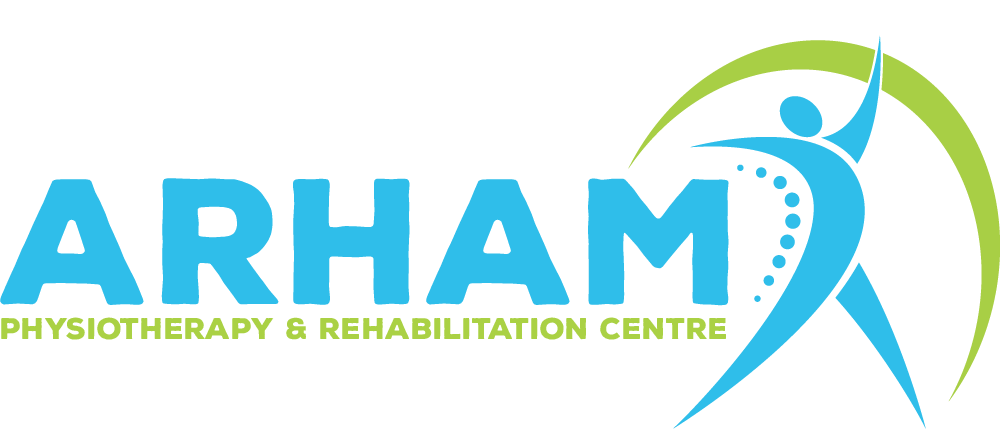Innovations in Physiotherapy: Advancements Transforming Patient Care
Physiotherapy, a cornerstone of rehabilitative care, has evolved significantly. The field has witnessed remarkable innovations beyond technological advancements, focusing on holistic approaches to enhance patient care.
In this blog, we explore the non-tech innovations transforming the physiotherapy landscape and contributing to improved patient outcomes.
1. Holistic Patient-Centric Approaches:
One of the most significant innovations in physiotherapy is the shift towards holistic, patient-centred care. Rather than focusing solely on specific symptoms, modern physiotherapists consider the patient as a whole, addressing physical, mental, and emotional well-being. This approach aims to tailor rehabilitation plans that not only alleviate physical issues but also support the overall health and lifestyle of the individual.
2. Integrative Therapies:
Innovations in physiotherapy include integrating complementary therapies to enhance traditional approaches. Techniques such as acupuncture, yoga, and mindfulness are now seamlessly incorporated into treatment plans. These integrative therapies contribute to a more comprehensive healing process, addressing the physical and mental aspects of a patient’s well-being.
3. Functional Movement Assessment:
Physiotherapy has embraced a shift towards functional movement assessments. Rather than isolating specific muscles or joints, practitioners now assess how the body functions during everyday activities. This approach provides valuable insights into movement patterns, allowing physiotherapists to design personalized rehabilitation programs that mimic real-world scenarios.
4. Education and Empowerment:
An innovative aspect of modern physiotherapy is the emphasis on patient education and empowerment. Physiotherapists now take the time to educate patients about their conditions, the importance of exercise, and strategies for preventing future injuries. Empowering patients with knowledge promotes active participation in their recovery journey, fostering long-term well-being.
5. Multidisciplinary Collaboration:
Innovations in Physiotherapy extend beyond the profession to collaborative efforts with other healthcare disciplines. Collaborative care involves physiotherapists working alongside physicians, nutritionists, psychologists, and other specialists to provide comprehensive and coordinated treatment plans. This strategy guarantees that patients receive comprehensive care addressing various health issues.
6. Prevention Centric focus:
The evolution of physiotherapy includes a growing emphasis on preventive care. Rather than waiting for injuries or conditions, physiotherapists proactively engage with patients to identify risk factors and implement preventive measures. This shift aims to reduce the incidence of injuries and promote long-term musculoskeletal health.
FAQS:
Que: What are some non-tech innovations in physiotherapy?
Ans: Non-tech innovations in physiotherapy include holistic patient-centric approaches, integrative therapies such as acupuncture and yoga, functional movement assessments, education and empowerment initiatives, multidisciplinary collaboration, and a prevention-centric focus.
Que: How has the approach to patient care evolved in physiotherapy?
Ans: The Approach to patient care in physiotherapy has evolved towards holistic, patient-centred models. Modern physiotherapists consider the patient as a whole, addressing physical, mental, and emotional well-being to tailor comprehensive rehabilitation plans.
Que: What is the significance of integrative therapies in physiotherapy?
Ans: Integrative therapies, such as acupuncture, yoga, and mindfulness, significantly enhance traditional physiotherapy approaches. By focusing on a patient’s physical and mental well-being, these therapies aid in a more thorough recovery process.
Que: How do functional movement assessments differ from traditional assessments?
Ans: Functional movement assessments focus on how the body functions during everyday activities, providing insights into movement patterns. This approach differs from traditional assessments that isolate specific muscles or joints, allowing physiotherapists to design personalized rehabilitation programs that mimic real-world scenarios.
Que: How do patient education and empowerment contribute to physiotherapy?
Ans: Physiotherapy now emphasizes patient education and empowerment, providing individuals with knowledge about their conditions, the importance of exercises, and strategies for preventing future injuries. This approach promotes active participation in the patient’s recovery journey, fostering long-term well-being.
Que: What is Collaborative Care in Physiotherapy?
Ans: Collaborative care in physiotherapy involves working alongside physicians, nutritionists, psychologists, and other specialists to provide comprehensive and coordinated treatment plans. By using a multidisciplinary approach, patients are guaranteed to receive comprehensive care addressing various health issues.
Que: How does physiotherapy focus on preventive care?
Ans: Physiotherapy has shifted towards a prevention-centric focus, proactively engaging with patients to identify risk factors and implement preventive measures. This strategy seeks to lower injury rates and enhance musculoskeletal health over the long run.
Que: Are these innovations suitable for all age groups?
Ans: Yes, these innovations in physiotherapy are designed to benefit individuals of all age groups. The holistic, patient-centred approaches and preventive care strategies can benefit individuals at various life stages, from children to seniors.
Conclusion:
Innovations in physiotherapy extend far beyond technological advancements, embracing a holistic, patient-centred, and multidisciplinary approach to care. These advancements focus on empowering individuals, preventing injuries, and incorporating various therapeutic techniques to address the complexities of health and well-being. As physiotherapy continues to evolve, the emphasis on innovation ensures that patients receive effective but also personalized and compassionate care.
